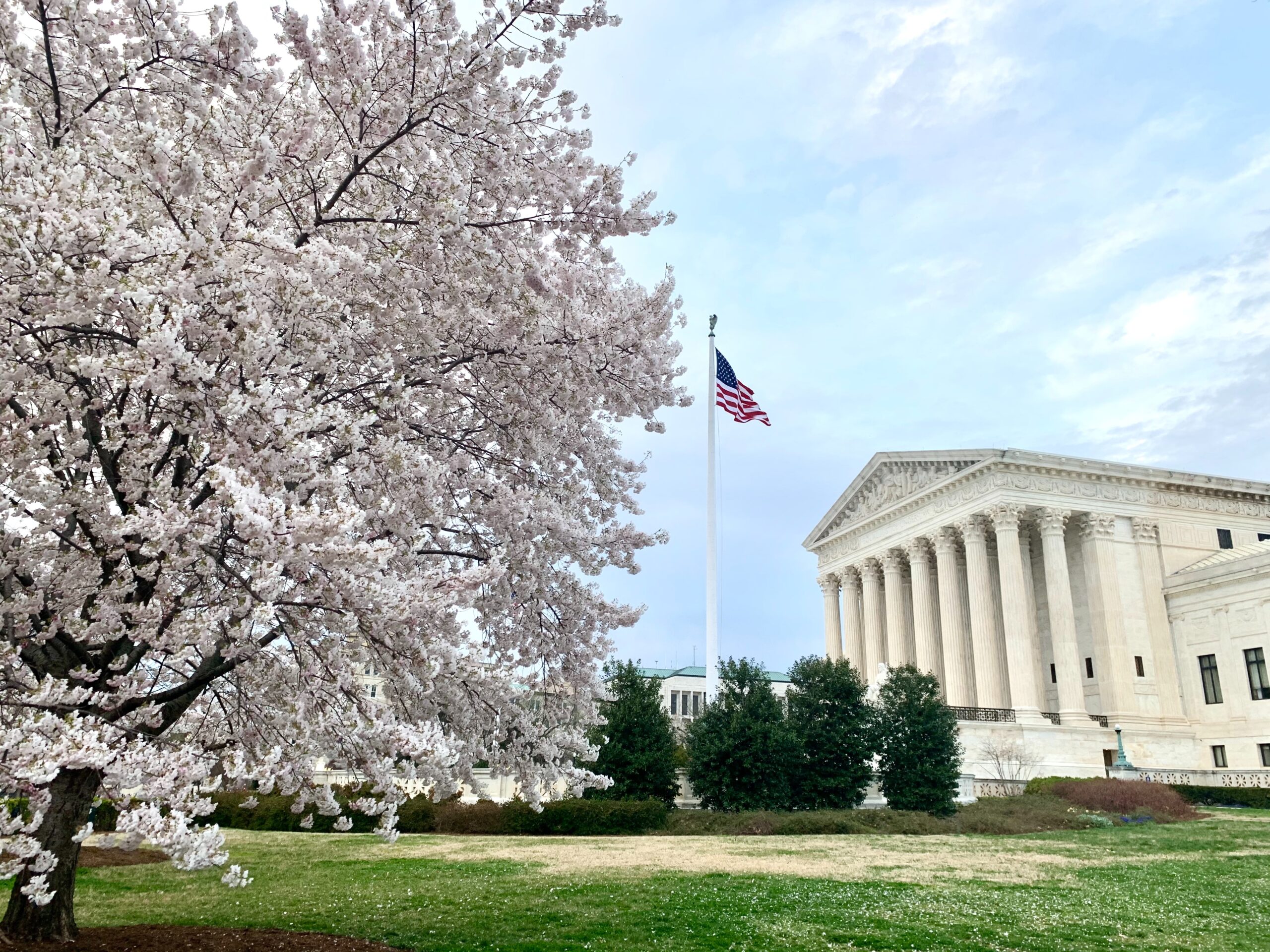The Brnovich case serves as a quasi-proxy for the philosophical battle between providing equal opportunity versus the impulse to ensure equal outcomes, and the 6-3 decision should provide some brakes to the Biden administration’s push for equalizing outcomes through regulatory action.

By Rick Manning
June 30th, 2021 is the day all of us who fought for a conservative Supreme Court have waited for as the Court voted 6-3 on two decisions that each protect freedom.
One of the decisions decided upheld the 1958 Alabama v. NAACP decision that protected that organizations donors from disclosure to a hostile state government of Alabama under the right of freedom of association. The other upheld Arizona’s prohibition against ballot harvesting and that state’s requirement that voters who choose to vote in person, cast their ballots at their local precinct.
As important as these decisions are, and they are very significant, it is the rejection of disparate impact arguments in the Brnovich v. DNC case (Arizona) which will have a lasting impact.
Merriam-Webster’s online dictionary defines the disparate impact legal theory as, “an unnecessary discriminatory effect on a protected class caused by a practice or policy (as in employment or housing) that appears to be nondiscriminatory.”
In short, this theory says that a legal claim of racial discrimination does not have to show that there was intentional discrimination, only that the outcomes appear to disproportionately impact a protected class. The term protected class is important to understand as it takes away the argument that the racial make-up of the NBA is disproportionately black and more white players should be incorporated onto teams as whites are not a protected class under the law.
It is this theory that is the underpinning of the entire claim of systemic racism in America, and the shocking part is that it has become imbedded in law by the 2014 Supreme Court case “Inclusive Communities Project, Inc. vs. The Texas Department of Housing and Community Affairs, et al.”.
The majority 5-4 decision by Justice Anthony Kennedy joined by the four liberal justices accepts the concept of disparate impact as being a factor in determining housing discrimination but limits it to being also tied to three other factors which must be shown:
- A specific, neutral policy responsible for the disparate impact must by shown,
- There has to be a “causal link” between the policy and statistical disparity, and
- Demonstrate that “other factors” are not responsible.
The Obama administration attempted to expand this idea through their Affirmatively Furthering Fair Housing regulation (rescinded by the Trump administration) by asserting that federal regulators could review census tracks and determine housing discrimination under the Fair Housing Act, using this determination to mandate localities make zoning changes in order to receive Community Redevelopment Block Grants.
The majority opinion in the Brnovich v. DNC case, Justice Thomas Alito ripped apart the idea of disparate impact being separated from other factors writing,
“Even if the plaintiffs were able to demonstrate a disparate burden caused by HB 2023, the State’s “compelling interest in preserving the integrity of its election procedures” would suffice to avoid §2 liability. Purcell v. Gonzalez, 549 U. S. 1, 4. The Court of Appeals viewed the State’s justifications for HB 2023 as tenuous largely because there was no evidence of early ballot fraud in Arizona. But prevention of fraud is not the only legitimate interest served by restrictions on ballot collection. Third-party ballot collection can lead to pressure and intimidation. Further, a State may take action to prevent election fraud without waiting for it to occur within its own borders.”
The 6-3 majority continued, “The mere fact there is some disparity in impact does not necessarily mean that a system is not equally open or that it does not give everyone an equal opportunity to vote.”
While the decision does not undo the previous Court decision to accept that disparate impact can be applied as part of the proof of discriminatory behavior, it does demand that the disparate impact be significant, and accompanied by proof that there was discriminatory intent to legally carry the day.
Ultimately the Brnovich case serves as a quasi-proxy for the philosophical battle between providing equal opportunity versus the impulse to ensure equal outcomes, and the 6-3 decision should provide some brakes to the Biden administration’s push for equalizing outcomes through regulatory action, whether it be in housing, transportation, education or other governmental functions.
Rick Manning is President of Americans for Limited Government.






